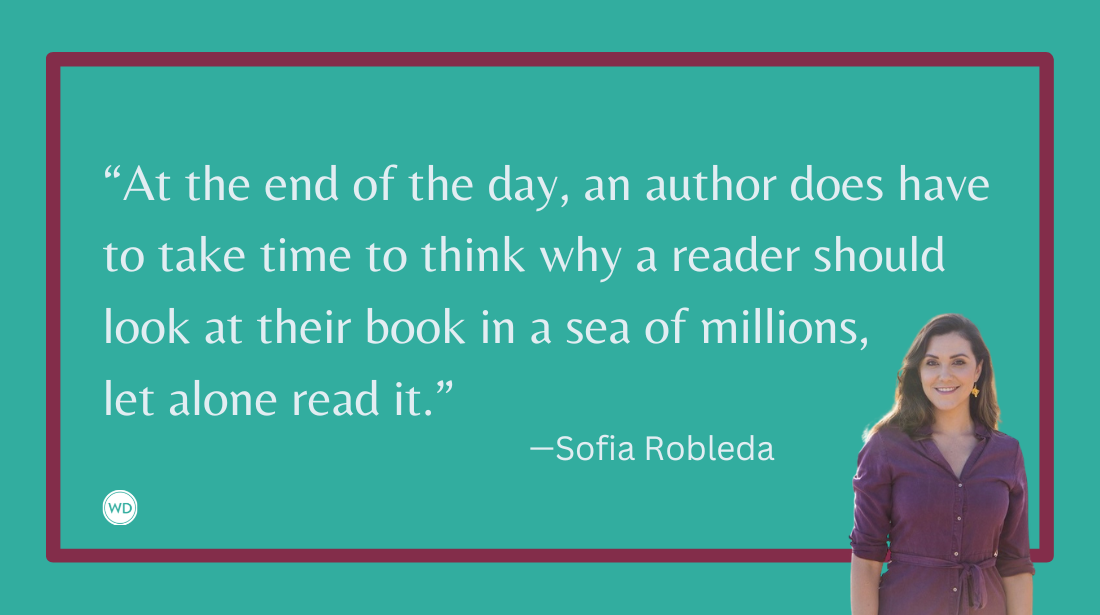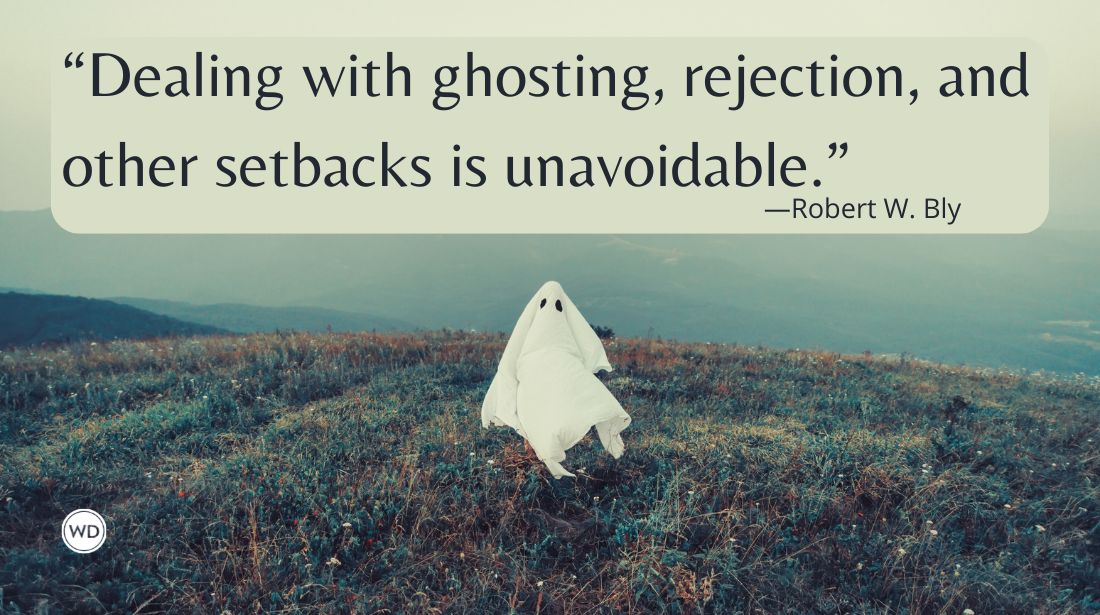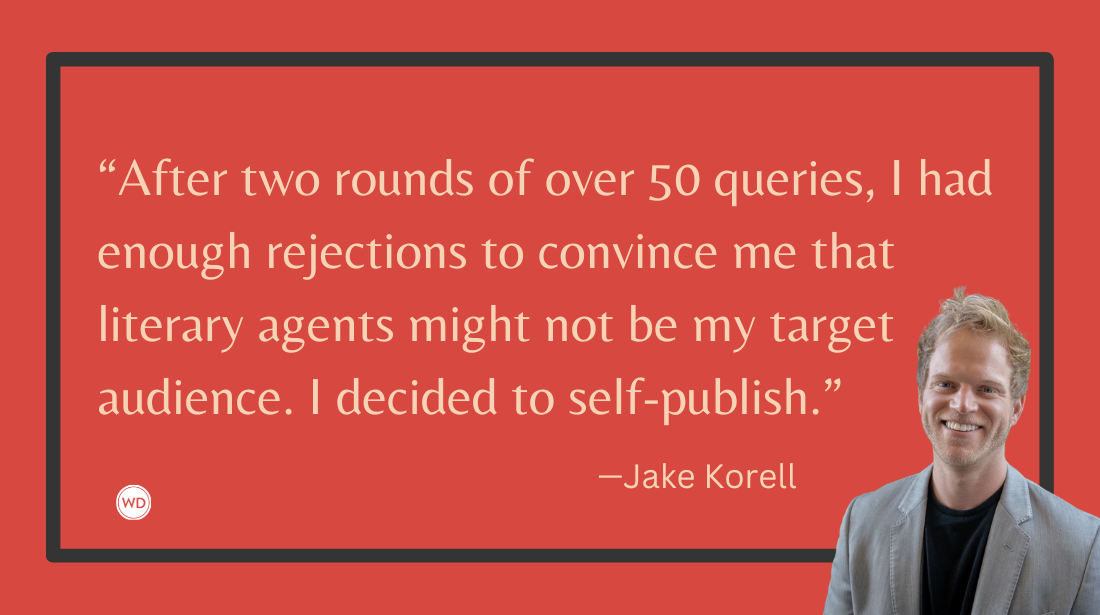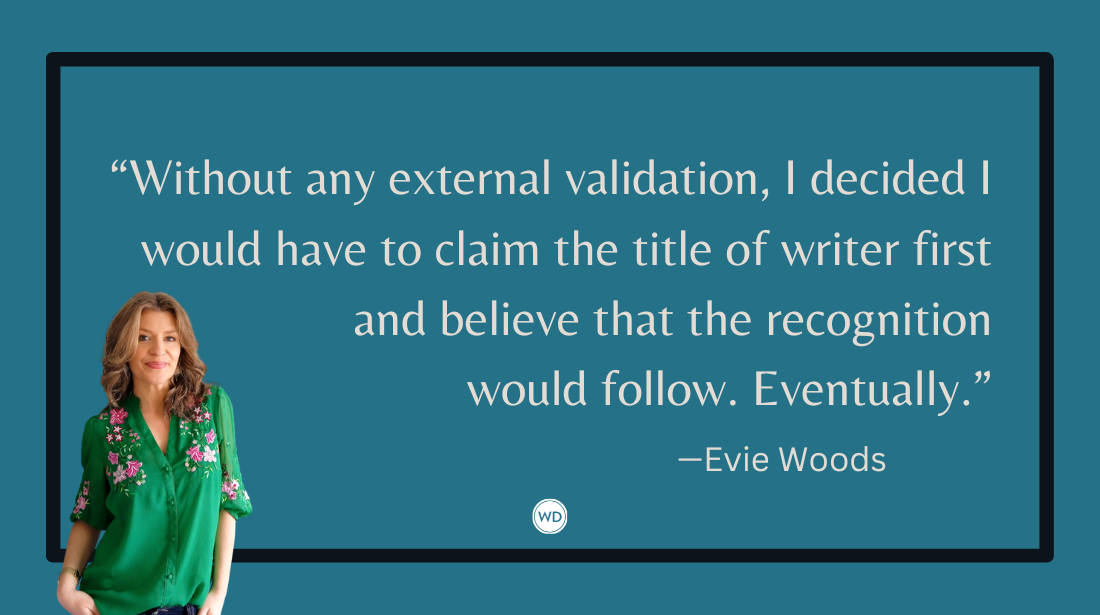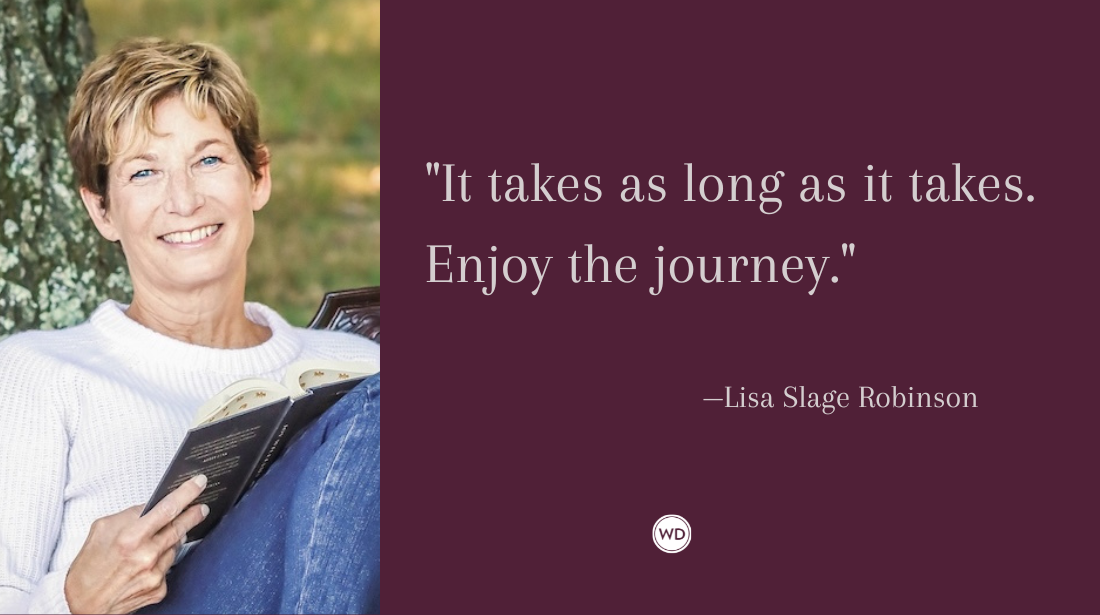The Ultimate Guide to Book Trailers: How To Produce a Killer Book Promo Video
A good book promo video can go viral and help your book reach new audiences, but a bad one may do the opposite. Here are some key considerations and steps to successfully produce and distribute a book trailer that sells your book.
Consider these stats: Video racks up over 22 billion daily views. It increases the organic reach of social media content by over 100%, compared to photos or text. It ranks toward the top of the first page in Google searches, is popular across demographics, and builds an instant emotional connection with your audience.
No wonder publishers and authors are increasingly leveraging video to tap into an exploding audience. But as much as a good book promo video makes that lasting first impression, a bad video is like a bad book cover—it cannot be unseen and can ruin a reader's expectation of a book before they’ve even had a chance to crack into that first page. To help you avoid this pitfall, here are some key considerations and steps to successfully produce and distribute a book trailer that sells your work:
What’s the big deal with video?
As I mentioned before, there are lots of reasons why video should be an essential tool in an author's book promotion toolbox. Video generates the most online traffic and engagement, 78% of people watch online video each week, studies show people recall 6 times more info from video than text, and our brains process imagery 60,000 times faster than text. Need I say more? Humans are wired for video. So why not take advantage of that?
What can a book promo video do for you?
Of course, the dream is for your book promo video to go viral and sell millions of copies, but let's talk about what's actually in your control: It's to build credibility for your platform as a writer and for your body of work. A professional book video shows that you are taking your work seriously and that you are a good storyteller across mediums. A great video can also capture the attention of top influencers and media who might otherwise not look at a synopsis or pitch, but will check out a 90-second video. Video also expands your exposure to video-driven sites. And lastly, what better tool could there be to show Hollywood that your book would make a great movie?
Types of Video
While the book trailer might be the most common type of book video, it’s not a must. Many non-fiction authors prefer to do an author video that showcases them as an expert or thought leader; author videos also lend themselves to a video series, a webinar, a booktube channel, or other video-driven sales tool where the book’s role is to be more of an extension of the author’s expertise. While book trailers focus on the world and narrative of the book, author videos aim to build the author's personality and forge a personal connection with the audience. In addition, videos can range from live-action to animation to a collage of images set to music. Budgets are vary from $0 - $10,000. There’s no set formula, so get creative!
Bad Book Videos
We’ve all seen bad trailers. In fact, it’s safe to say that the majority of videos out there promoting books are of subpar quality. So I don’t need to subject you to watching them, and plus it’s not nice to call people out. That said, the following trailer won the Moby Awards for “Worst Book Trailer” in 2011 and has been talked about so much online that it has almost gained cult status. So here, by way of the Moby Awards judges, check out this trailer (not the official trailer) for Nelson DeMille’s suspense novel, Wild Fire:
It encompasses the things that all bad videos struggle with. Like this one, most bad book trailers just feature a copy and paste the back cover and book cover with music. It also includes these additional problems:
- Bad writing
- Bad sound
- Low image quality
- Low production value
- “Tell, don’t show” instead of “show don’t tell”
- Doesn’t communicate the tone/genre of the book
- Continues for way too long
Good Book Promo Videos
By contrast, good videos (see examples below) have the following in common:
- Good writing
- Professional execution
- High production value (not to be confused with a high budget: As you can see from Cigarettes for the Dog, all you need is a paper clip, empty coke bottle, a piece of paper, your cell, and a sense of humor.)
- Teases the audience without giving too much away
- Follows the “Show, don’t tell” principle
- Clearly introduces the concept or an angle of the book
- Leaves you wanting to know more
Book Trailer for Time Zero by Carolyn Cohagan (YA Dystopian Suspense)
Book Trailer for The In-Between by Jeff Goins (Memoir/Spirituality)
Book Trailer for Trust by Kylie Scott
Author Video for A Second Chance by Thais Derich
Author Video for Cigarettes for the Dog by Steward Ross (Humor):
For more good videos, visit trailershelf.com.
In summary, good video leverages video as a visual, cinematic tool, a way to translate the narrative of the book into moving images to establish an emotional connection with the audience. Bad videos are “too literal” in the sense that they show no overarching concept or understanding of tone or any creative vision for using the medium of video to their advantage. Instead, they try to cut and paste the book onto video, which makes the experience flat, and unintentionally humorous or just plain painful to watch. The key is to tease the audience, to communicate emotion without giving too much away. After all, the joy and purpose of reading a book are to allow the reader’s imagination to roam free, to create his or her own version of the world of the story and the characters.
How to Produce a Video
No matter what your budget or scope of the video is, it should follow certain steps to proper execution:
Develop your concept for the video.
What’s inherently fascinating, timely, or socially relevant about your book? Perhaps there’s an unusual setting or character? What are the stakes? What is the genre/tone? What’s the core conflict or emotion? Who’s your audience? Is there an element of surprise or reversal that defies your reader’s expectations and compels them to want to know more?
Develop the format for the video.
Will it be a book trailer or author video? Live-action, animation, documentary style, found footage, or a collage of images set to music?
Write the script.
Your script will be your creative blueprint and also define your budget. Keep it short—the ideal length for a video is 90-180 seconds. Write out the action and dialogue. What do we see and hear? Don’t forget the call-to-action at the end of the video, i.e. your website/social media channels and purchase info.
Budget it out.
Line items you might spend money on are videography, equipment, editing, sound design, stock images, video and music, a voice-over artist, a producer, locations, etc. If you choose to go with a book video production service to handle everything, be sure to vet them as many of these turnkey services deliver bad results.
Pre-Production
This phase applies mostly to a live-action on-location shoot and encompasses hiring a videographer, talent, crew, etc., but the idea here is to allow enough prep time before production to make sure everyone knows what they are supposed to be doing.
Production
Your job is to make sure your vision/script is being executed, but if you hired the right people, you should also be open to creative direction.
Post-Production
This encompasses the editing phase and beta screenings for people you trust until you’re happy with the result and lock the video for distribution.
In summary, there's a lot of nitty-gritty that goes into the production phase depending on the scope of your video. For more resources, visit wildboundpr.com/videoresources and download a handout for the production phase.
Distribution
Now that your killer video is ready to share it with the world, here's how:
- Upload it to Youtube or Vimeo as the primary distribution channel.
- Website: Embed it via Youtube/Vimeo front and center on your homepage.
- Social media: Pin it to the top of your profiles, run video-specific ads, send it to your following as well as a list of targeted influencers to help spread the word and get endorsements.
- Mailing list: Send a newsletter to your mailing list with the Youtube/Vimeo embed, and ask to view, comment, and share.
- Literary and News Websites: Literary websites like Shelf Awareness, Booklist, Rumpus, Electric Literature, and Publishers Weekly, as well as the mainstream news-driven sites such HuffPost, Daily Beast, Slate, the Hollywood Reporter, the New York Daily News, USA Today, and others all push video because it drives engagement. Many of them feature book trailers or author videos in either a dedicated section (Shelf Awareness’ "Book Trailer of the Day" for example) or they feature videos along with book review coverage and author interviews.
- Put a link to your video in your email signature.
- Use it in your media outreach and follow-ups: As I mentioned before, a good video can help open doors with top media or influencers who might not have the time or interest in reading a pitch or an entire book. A video is also a great excuse to follow up with media contacts you haven’t heard back from.
- Screen your video at events to set the tone and break the ice: Starting off your book talk with a video helps get people engaged and makes your event more of a multi-media experience.
- Send your author video to speaking agents and TV outlets to give them an idea of how you look and perform on camera: TV producers will always ask for a video clip to make sure an author will look “good” and be confident on camera.
- Submit to Hollywood connections to demonstrate cinematic potential: Book scouts from major studios, agencies, and production companies are hungry for material and scour the web daily to find new books to option for movie adaptations. Give them a hand by sending them your video!
Julia Drake is the co-founder of Wildbound PR, a California-based literary publicity company that works with authors across the globe to gain exposure for their work via traditional and digital media press campaigns, social media marketing, innovative book tours, author websites and high quality promotional videos. She holds a bachelor's degree in film from UCLA and a master's degree in screenwriting from The American Film Institute. Wildbound PR’s book videos have consistently been picked up by the New York Times, Huffington Post, New York Daily News, and other top media. Wildbound also owns TrailerShelf.com, a curated site that helps readers discover their next read by featuring only the best current book trailers. For more info, visit wildboundpr.com or connect with us @wildboundpr or fb.com/wildboundpr.





